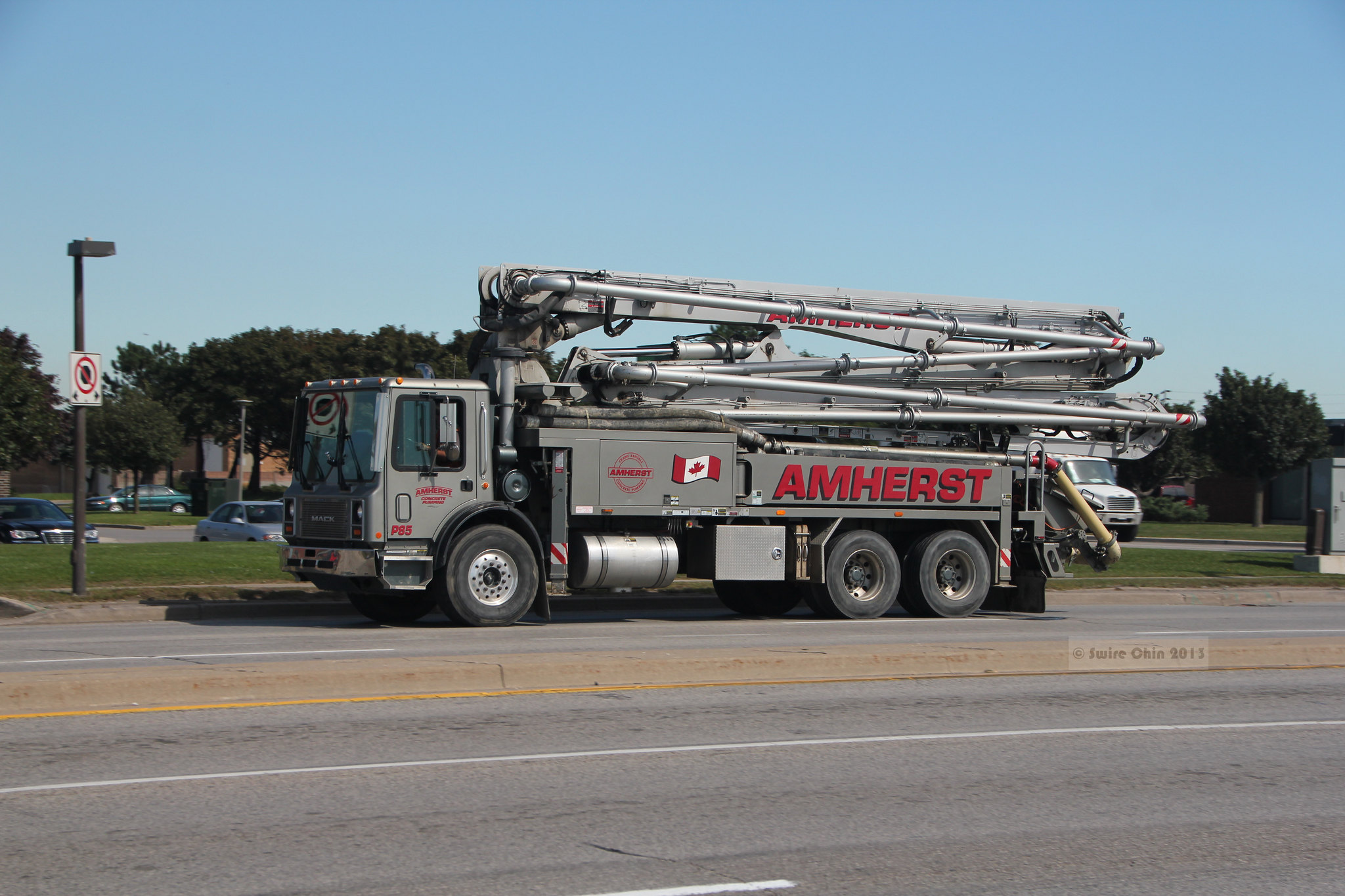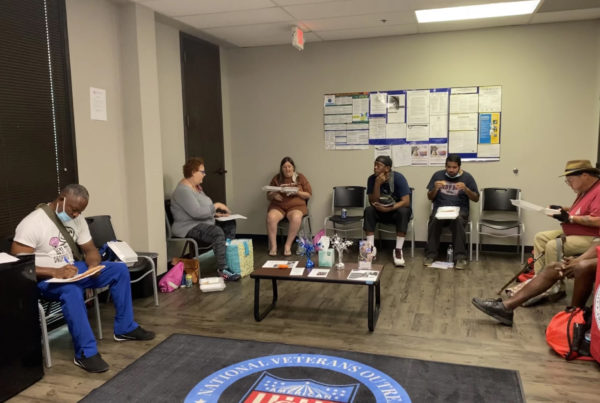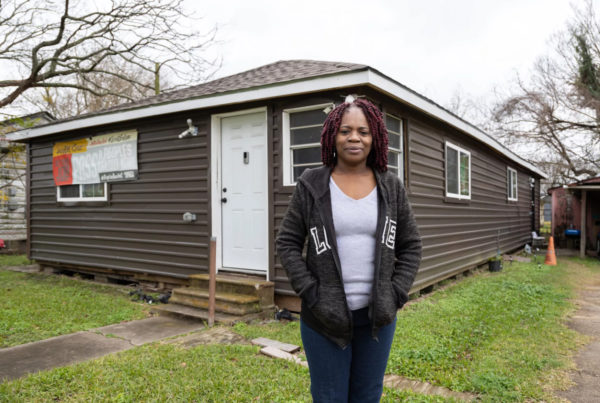For years, residents of some neighborhoods in and around Houston have complained about concrete batch plants, facilities that are often built in lower-income areas. But now the Environmental Protection Agency has launched an investigation into the Texas Commission on Environmental Quality to determine if changes to the permitting process for these plants violated civil rights protections.
Emily Foxhall, who reports on the environment for the Houston Chronicle, joined Texas Standard to share more about what has led to the investigation.
This transcript has been edited lightly for clarity:
Texas Standard: Now, you spoke with us earlier this year about Houston-area residents’ fight against these concrete plants. Can you give us a quick refresher on what these plants are and why residents there are opposed to them?
Emily Foxhall: Yes. Concrete batch plants are the places where the materials to make concrete are stored. So they basically sit in piles. And then when a truck needs to get out to a work site, they’re sort of funneled up conveyor belts and into the spinning drum of the trucks you might see on the highway. So people who live nearby these have concerns about the particles getting into the air and then breathing them. And some of these facilities also operate into the night, so they can be very bright and very noisy. The people who operate the facilities say that they follow all the laws and they’re safe to live next to. But the experience of people who do live nearby – those people have found that they would rather the plants be somewhere different.
Let’s talk about who these people are: Those that are living near these facilities are often in largely Black and Hispanic neighborhoods, is that right?
Right. More than half of the concrete batch plants in this area are in neighborhoods that are majority people of color.
So at issue here in this investigation is the Texas Commission on Environmental Quality’s updated permitting process. What’s exactly changed with these standards?
There’s something called a standard permit for concrete batch plants. So most of the people who are trying to open a plant would use this kind of permit. The state environmental regulators decided to change that permit in 2021 after a fight in the Dallas-Fort Worth area made clear that there was sort of this issue where a lawyer in that case found that people applying for a permit needed to show emissions of materials such as something called quartz dust, or crystal and silica, needed to comply with state law. So after an attorney pointed this out in this very contested case, that permit had to be denied.
But the state environmental regulators decided to change the language of the permit so that wouldn’t be an issue going forward.
So that raised a lot of concerns in the environmental advocacy community. And Harris County was another. The county attorney has since challenged that, saying the state regulators needed to model, you know, kind of what the impacts of that change would look like in terms of the air emissions. And they also pointed out that the way that change happened didn’t, in their opinion, adequately involve people who didn’t speak English fluently. It wasn’t noticed properly for, you know, people who speak Spanish, for example.
Tell us more about the complaints filed against the TCEQ. Who exactly has complained, and what are they alleging?
Yeah, this was a very big deal. The announcement came this week. The Harris County Attorney’s Office and a nonprofit law firm here called Lone Star Legal Aid filed complaints with the EPA earlier this year saying that that process we just discussed, they saw it violating civil rights laws. So the EPA just recently decided to accept those complaints for investigation.
This seems like an escalation of the fight over these long-simmering issues. What has led us to this point? What happens next?
Yeah, it’s super interesting to me. When a concrete batch plan is proposed, state regulators will often hold a hearing so people who live nearby can come and raise concerns with it. And those meetings are super emotional. There was one in Aldine recently that was just like a packed room and people just saying, like, they care about their community and they want to make it better and they care about their health and their quality of life. And you could just feel how almost like desperately people wanted to stop this plant, and the state ended up approving it.
So I think this investigation marks a potential shift in how these conversations have been happening. People have been fighting these plants for years and years and years. And if the EPA does find that the permitting process is in violation of civil rights laws, then potentially something about that permit would need to change.















